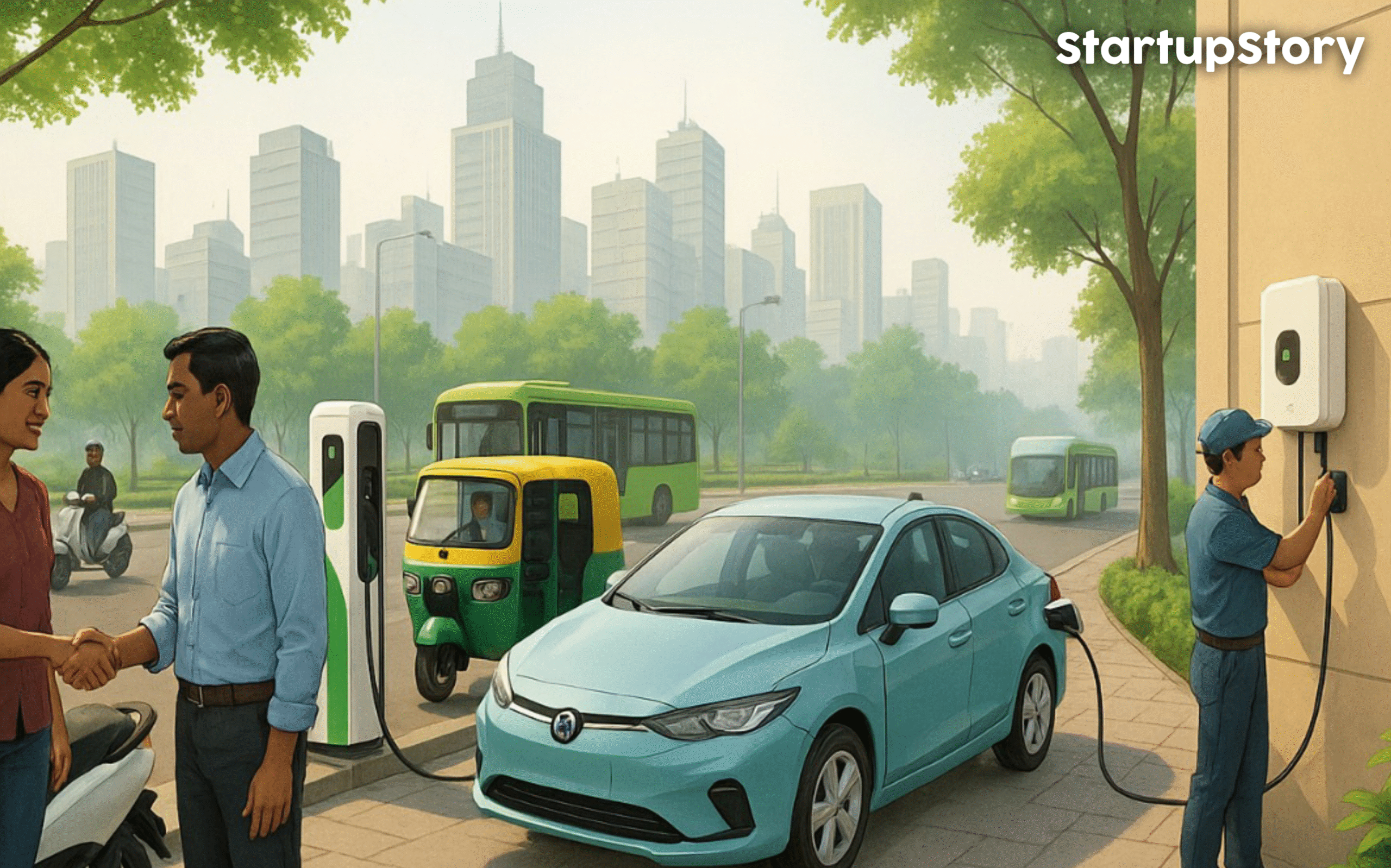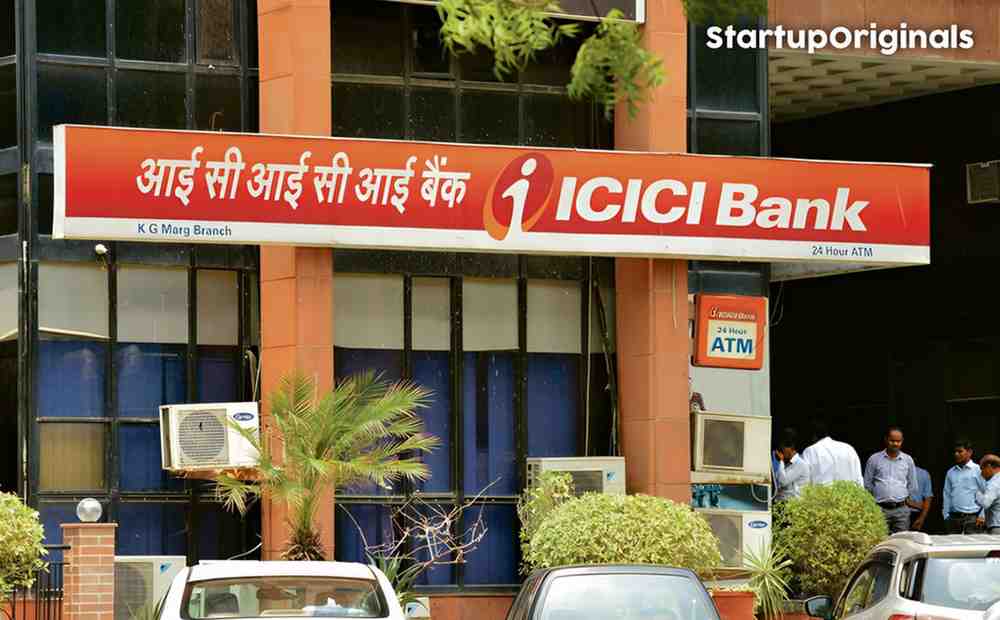
The Delhi government has announced a major extension to its Electric Vehicle (EV) Policy, pushing its validity until March 31, 2026, or until the launch of a new policy. This move reflects Delhi’s commitment to sustainable transportation, improved air quality, and increased adoption of electric vehicles across the city.
Policy Extension: The Details
Earlier set to end in August 2023, Delhi’s EV Policy has undergone multiple extensions. The latest decision, made in a cabinet meeting chaired by Chief Minister Rekha Gupta, ensures the policy will remain in effect as the government seeks extensive public feedback and finalizes a new EV Policy 2.0 draft. This period allows for comprehensive consultations with citizens, industry stakeholders, environmental groups, and private organizations.
Why the Extension?
The extension gives the Transport Department the needed time to:
- Gather feedback from everyone impacted, including private vehicle owners, auto-rickshaw drivers, industry experts, and environmental advocates.
- Discuss updates on charging infrastructure, incentives, subsidies, and e-waste disposal systems.
- Clearly define the roles of public and private sectors in Delhi’s electric mobility ecosystem.
Current EV Policy Highlights:
Incentives and Subsidies:
The policy offers several attractive incentives:
- Electric Two-Wheelers and Three-Wheelers: Up to ₹30,000 subsidy per vehicle, plus waivers on road tax and registration fees.
- Electric Cars: Subsidies ranging from ₹10,000 to ₹1,50,000, depending on the battery capacity (applicable to the first 1,000 cars; later incentives are updated via notification).
- E-Rickshaws & E-Carts: Flat subsidies of ₹30,000 per vehicle.
- Commercial Vehicles: Light commercial EVs can get up to ₹30,000.
- E-Cycles: 25% subsidy, maximum ₹5,500.
- Home Charging: 100% grant (up to ₹6,000 per unit) for the first 30,000 charging points installed in homes or workplaces.
Tax and Fee Waivers:
Policy Goals and Impact:
- Delhi’s aim is for at least 25% of all new vehicle registrations to be electric by 2024—a target first set in the 2020 policy.
- The incentives, improved infrastructure, and regulatory support are expected to further boost EV sales, which have already reached an average of 12% of all vehicle sales in 2024.
- The broader adoption of EVs is expected to significantly cut vehicular pollution in Delhi, leading to cleaner air and better public health outcomes.
What to Expect Next: Delhi EV Policy 2.0:
While the draft of the new EV Policy 2.0 is still under public consultation, here are the proposed highlights:
- Stricter Phase-Outs: Ban registrations of petrol and CNG two-wheelers (from August 2026) and CNG three-wheelers (from August 2025).
- Target Segments: Focus on electrifying mass transport and goods carriers, as well as private vehicles.
- Incentives for Women: Special subsidies up to ₹36,000 for women purchasing electric two-wheelers, capped for the first 10,000 applicants.
- Scrapping Benefits: Additional incentives for scrapping old internal combustion engine (ICE) vehicles.
- Charging Infrastructure: Wider deployment of charging stations and battery-swapping points, especially along major routes.
- Support for Hybrids: Potential inclusion of strong hybrid and plug-in hybrid vehicles under the subsidy scheme for the first time.
How to Claim Incentives:
- Buy an eligible vehicle or set up a charging point.
- Submit an online application on the Delhi EV Policy portal.
- Complete necessary verifications.
- Approved applicants receive subsidies as upfront discounts or direct reimbursements.
Conclusion:
The extension of Delhi’s EV Policy until March 2026 keeps financial and regulatory support available for buyers and businesses. With expanded public participation in policy design and major incentives for EV adoption, Delhi continues to pave the way for sustainable urban transport and a cleaner future.
If you’re planning to shift to an electric vehicle or want to set up charging infrastructure, now is the perfect time to take advantage of these benefits.




